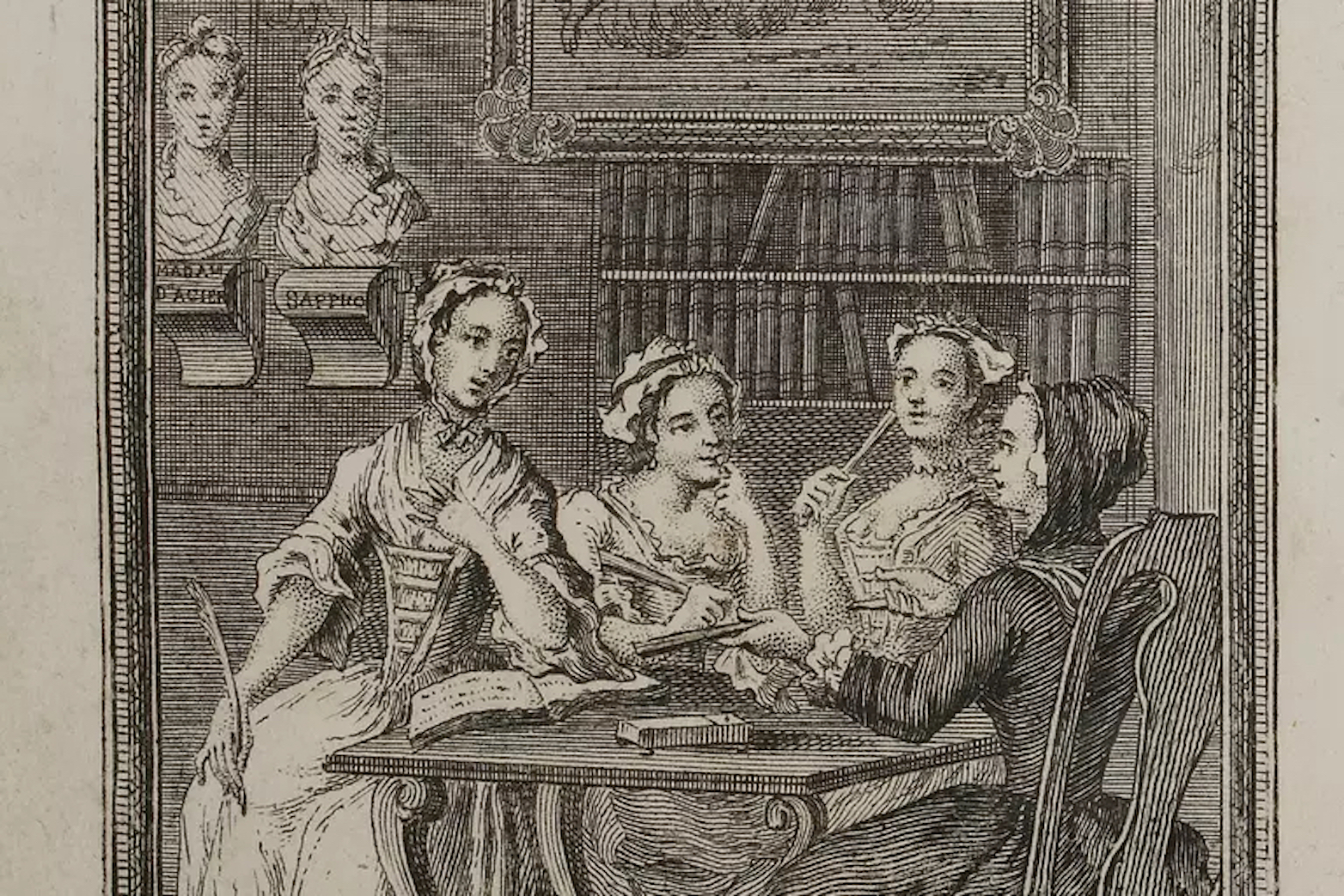Women Writing Architecture: Female Experiences of the Built 1700-1900
ERC Starting Grant awarded to Dr Anne Hultzsch
Dean's Talk
Anne Hultzsch: The Female Eyewitness: Gendering Histories of Architecture
November 9, 2021 | 18:00 | HIL E 4


For the first time, a prestigious ERC Starting Grant has been awarded to a member of D-ARCH. For the next five years, Dr Anne Hultzsch and her group will research women’s experiences of, and involvement with, architecture in the 18th and 19th centuries.
Women Writing Architecture: Female Experiences of the Built 1700-1900, short WoWA, studies female experiences of architecture as recorded in documentary writing drawn from specific regions in South America and Europe between 1700 and 1900. While architectural histories often focus on male-dominated processes of design and production, this project takes a new stance by unearthing women’s contributions to the architectural sphere through writing and editing. While not part of the canon, articles, travelogues, domestic manuals, or pamphlets authored by women in the period consistently featured descriptions of or commentary on buildings and cities, but these have never been examined collectively by architectural historians. Through a combination of macro and micro research, close and distant reading, geographical mapping and tracing of experience, WoWA addresses this gap opening up a new corpus and presenting architecture’s past through the female eye.
WoWA suggests that by exploring women’s writing we can uncover female agency within architecture in a period that has thus far been considered as male governed. We believe that architectural history as a discipline has to look beyond the production of buildings to processes of reception and appropriation in order to fully understand the past of the built environment as experienced and shaped by colonised groups, such as women. Over a period of dramatic social, political, technological, and architectural transformations on both sides of the Atlantic, WoWA explores specific case studies of women documenting both everyday experiences of built spaces as well as canonical architectural events. Interdisciplinary in method and scope and employing feminist approaches focusing on modes of writing, voice, and subjective experience, the team of PI, Postdoc, and PhD will expose female publics of architecture in and between Chile, Peru, Argentina, Britain, and German-speaking Europe at a time of industrialisation and canonisation, colonisation and revolution, nation building and independence, historicism and professionalisation.